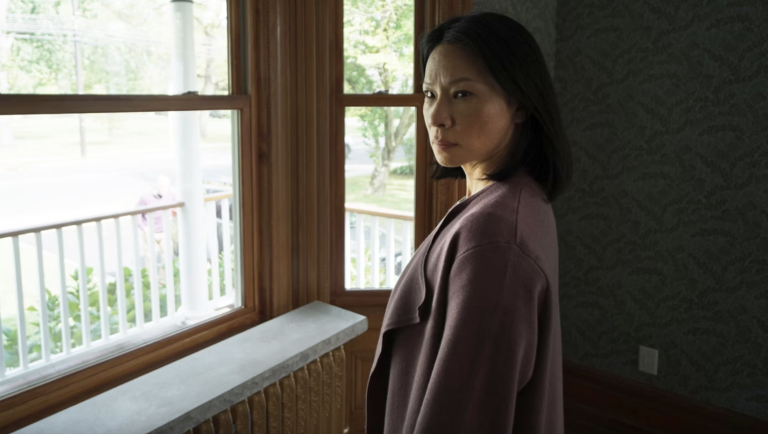Movies like “Kinds of Kindness” (2024): Yorgos Lanthimos has developed a reputation for his entirely unique directorial style—the way he shoots, the approach to the tone, the cadence of his performers, all elements calibrated to a wavelength one can only truly describe in one of two ways: “Batshit bonkers,” or “Lanthimos-ian.” Returning to the particular oddities that made him a spearheading figure in the Greek Weird Wave, “Kinds of Kindness” finds the director dipping his toes away from the palatability of his recent Emma Stone-led films to remind audiences of the gleeful depravity of which he’s capable when the mood strikes and Stone asks for some more alienating material.
Whether returning to the distancing vibes that made him an established name in the first place or continuing down the path of digestible strangeness, any new Lanthimos film is a film that will promote heavy discussion for its singular properties. As such, recommending any number of films under the guise of being “Lanthimos-adjacent” is likely a thankless task; the films in question will either pale in comparison to the director’s boisterous bizarreness or may risk highlighting where that bizarreness may not be entirely his own after all.
No matter the case, the six films recommended here are sure to complement your “Kinds of Kindness” viewing experience in shedding some new light on the more eccentric corners of the cinematic landscape. With that in mind, here are six movies to watch if you like “Kinds of Kindness”:
1. Dogtooth (2009)
As is customary with these recommendation lists, I find it useful to begin with a previous film from the same director to help acclimate us to their style. Any number of Lanthimos films would have sufficed for this entry, for while the particular alienation of “Kinds of Kindness” may be a step too far even for some Yorgos fanatics, there’s no doubt that anyone with the stomach and patience for his newest film will love what came before. To that end, “Dogtooth,” about a father (Christos Stergioglou) who inexplicably keeps his three teenage children locked in their estate under the impression that it is their entire world, is perhaps the most suitable gateway film for any burgeoning Lanthimos connoisseur. Not every “Dogtooth” fan will like “Kinds of Kindness,” but every “Kinds of Kindness” fan is sure to find something worthwhile in “Dogtooth.”
One of his final Greek films—and certainly his most successful—the film sees the auteur at peak sharpness when it comes to the command of his tone, expressing a particular kind of family bond held together by imagination and deception, blurring the lines of where those two ideas separate. This being a homegrown film, there is also an undeniable comfort Lanthimos possesses here in taking his particular brand of depravity to levels of joyous distaste that may have waned since he stepped stateside—levels to which he’s arguably returned with his newest release.
2. The House (2022)
“Kinds of Kindness” is an anthology film, and as such, some anthologies were inevitably going to find their way onto this list. “The House” may not be quite as dry and squeamish as Lanthimos’s latest, but the triptych tale from Netflix is nonetheless characterized by a certain texture often foreign to the streaming giant. A stop-motion animated film set across three periods, with three sets of protagonists all inhabiting the same titular abode, “The House” finds directors Emma de Swaef, Marc James Roels, Niki Lindroth von Bahr, and Paloma Baeza expressing an odd sort of cohesion in the tales of humans, mice and cats alike.
Some may describe their gothic tinge as more “Tim Burton-esque,” but the film’s undeniably European aura places it in decent conversation with a filmmaker like Lanthimos. While “The House” may be targeted at viewers much younger than those primed for “Kinds of Kindness,” the film’s dry humor and expressive atmosphere make for an utterly singular concoction that could go down very well as a tonic for any Dafoe-induced hysteria.
3. Wild Tales (2014)
What people often refer to as “anthology” films are, in fact, more often than not, omnibus films—films in which distinct stories are brought together, but each realized by a different filmmaker (“The House” technically falls under this category too, but there’s a sense of cohesion to it placing it closer to anthology territory). In order to be a true anthology, like “Kinds of Kindness,” a film arguably needs to find one crazed mind to spill out so many eclectic stories—one might say, some wild tales—into an odd whole. That brings us to Damián Szifron’s massively successful “Wild Tales,” an Argentinian absurdist comedy made up of six isolated shorts, each one dealing with some form of violence or revenge.
Undoubtedly a more outwardly enjoyable experience than something as proudly distancing as “Kinds of Kindness,” “Wild Tales” plays up its absurdity for some truly exaggerated scenarios that make great use of Szifron’s comedic sensibilities, alongside those of his cast (including, because this is an Argentinian film, Ricardo Darín). A production of Pedro Almodóvar’s El Deseo company, “Wild Tales” most certainly lives up to the wacky tone of its Spanish predecessor, creating a world in which neither diners, car parks, nor weddings are safe from man’s violent ego. Beneath it all, that binding theme of catharsis in destruction grounds the film to remind us just how foolish our own vices can be.
4. Wrong (2012)
Quentin Dupieux may not be as well-known outside of his native France as Yorgos Lanthimos has become worldwide, but he is no less strange than the Greek filmmaker and far more prolific; since the start of the 2010s, Dupieux has churned out no less than 12 surrealist comedies! It’s the brevity of his films that enables him to create so many without running out of steam—even if the films themselves arguably do—but his 2012 film “Wrong” is actually his longest; fret not, for it just barely crosses an hour-and-a-half. In this time, Dupieux relays the tale of a simple man (Jack Plotnick) whose life is upended when his dog suddenly vanishes.
From this point, we’re treated to a work office in which the sprinklers are perpetually spraying, a backyard in which a palm tree suddenly turns into a pine tree, and a pizza parlor employee who becomes hot for our lead over the phone. The weird thing is that only one of these occurrences is treated as even remotely out of the ordinary. There’s a quirky flatness to Dupieux’s delivery that some might find endearing if coming off the colder and more sprawling “Kinds of Kindness”—if you can get over how… 2012 the film looks—making “Wrong” a unique jumping-off point from Lanthimos, and an even more unique starting-point for Dupieux.
5. Barton Fink (1991)
When discussing potential contemporaries whose styles may be somewhat compatible with that of Lanthimos, Joel and Ethan Coen may not be the first names to pop up, but the brothers’ now-iconic sense of arid humor can surely find some kindred spirit here. Since “Kinds of Kindness” made its splash at this year’s Cannes Film Festival, it only seems fitting to spotlight the Coens’ own Palme d’Or winner, “Barton Fink,” about a struggling playwright (John Turturro) who tries to make his bones as a Hollywood screenwriter. (Worth noting is that Turturro also won Best Actor in Cannes for the film, a prize currently held by Jesse Plemons for his role(s) in “Kinds of Kindness.”)
Over the years, the density of “Barton Fink” has led to much discussion about the film’s themes and values, but the Coens’ black comedy approach to the material ensures that all dissection will be merrily muddied by just how many left turns the plot takes. Stirring up elements of postmodernism throughout an odyssey of the creative process, “Barton Fink” is more akin to “Kinds of Kindness” in its exhaustiveness than anything else; this may not make for an ideal marathon, but after a day’s break, checking this one off your watchlist could do some creative good.
6. The Match Factory Girl (1990)
Since he first broke out on the scene, much of the conversation surrounding Yorgos Lanthimos—including that which opened this article—has been based on how utterly unique an artist he is. Not to take away from his undeniably singular grasp of his evolving style, but Lanthimos isn’t the first filmmaker to approach deadpan comedy with a twisted edge in the European arthouse scene, nor was he the first to do so successfully.
Aki Kaurismäki may also not be the first, but watching any one of the Finnish filmmaker’s brisk comedy-dramas will indicate a certain connective tissue with Lanthimos’s oeuvre—be it in the flattened line delivery or the heavy focus on finding binding love in a careless world. “The Match Factory Girl” is by no means one of Kaurismäki’s more lighthearted affairs (far from it), but in a way, that probably makes it the best recommendation to make alongside “Kinds of Kindness.”
The story of a lonely factory worker (Kati Outinen) going through the motions of her dull, loveless life, “The Match Factory Girl,” expresses a deep sense of humanity beneath the bleak exterior of a cruel existence. Any Lanthimos fan with a hunger for more weirdness would be doing themselves a disservice to skimp out on the ocean’s worth of Kaurismäki features at their disposal—most recently, “Fallen Leaves” was a critical hit that stirred quite a discussion—and “The Match Factory Girl” constitutes a touching, heartbreaking entry in that canon particularly because of where it fits in, and where it diverges. In a way, across the Lanthimos canon, “Kinds of Kindness” isn’t all that different, but Kaurismäki’s film will certainly leave you feeling more fulfilled in your emptiness.




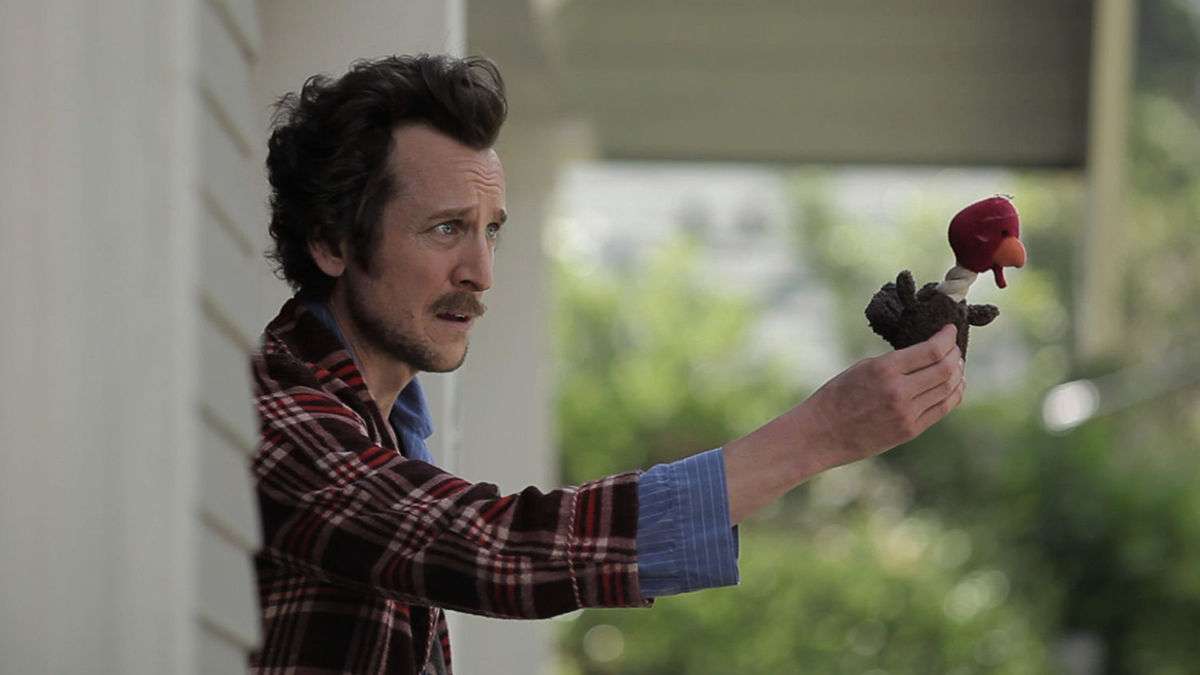

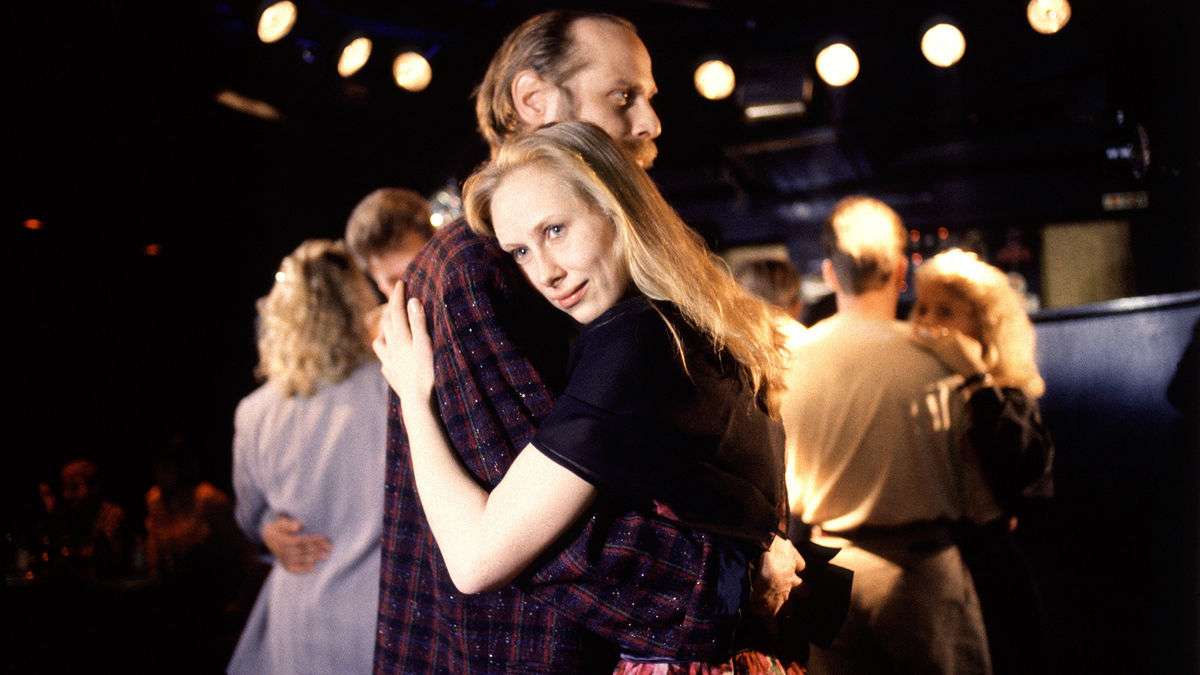


![The Salesman [2016] : BENGALURU INTERNATIONAL FILM FESTIVAL (BIFFES)](https://79468c92.delivery.rocketcdn.me/wp-content/uploads/2017/02/TheSalesman-highonfilms-768x432.jpg)
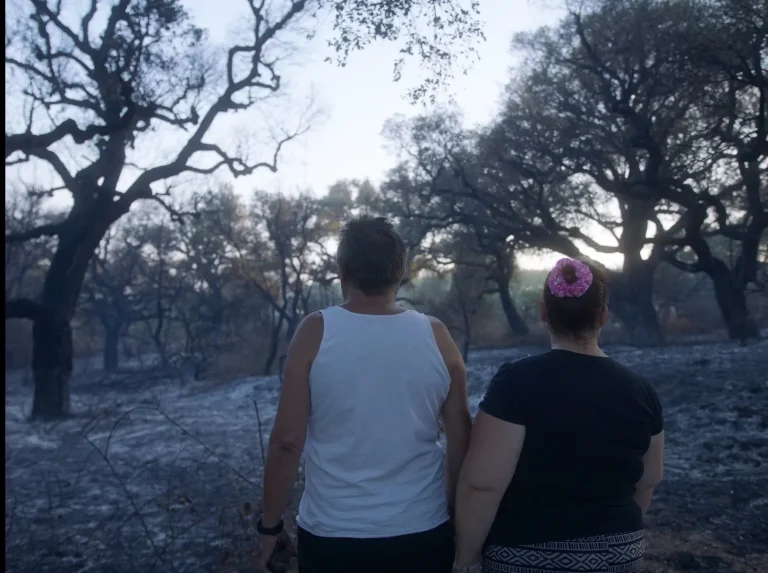
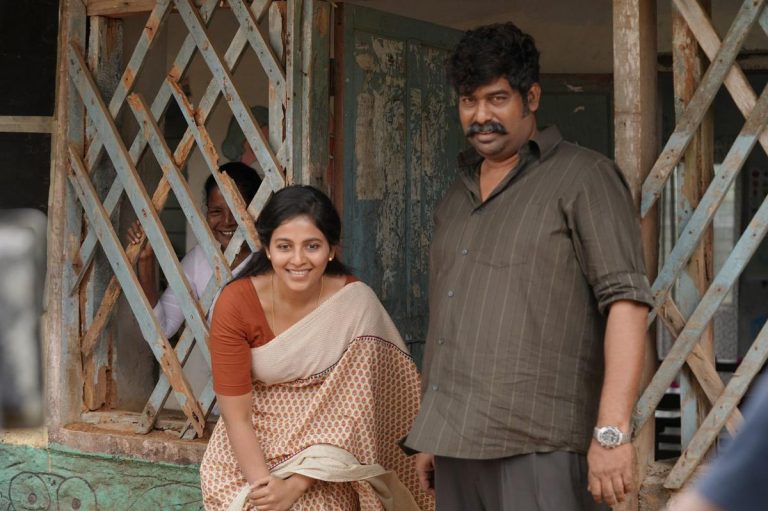
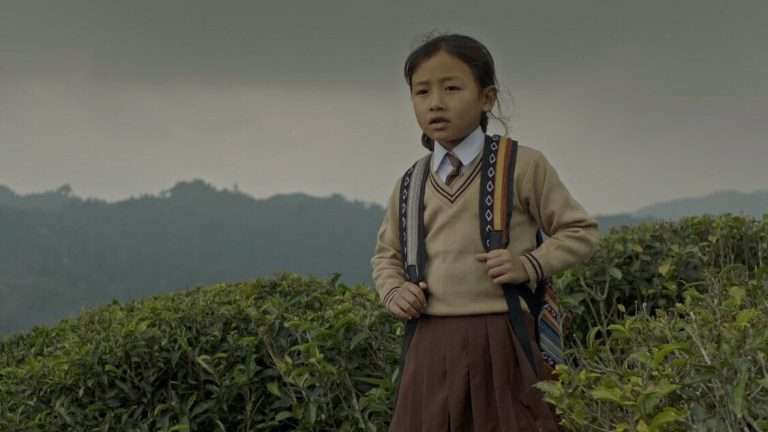
![The Blackout [1997]: The cost of fantasy revealed in this ‘90s masterpiece](https://79468c92.delivery.rocketcdn.me/wp-content/uploads/2016/08/the-blackout-4-768x433.jpg)
